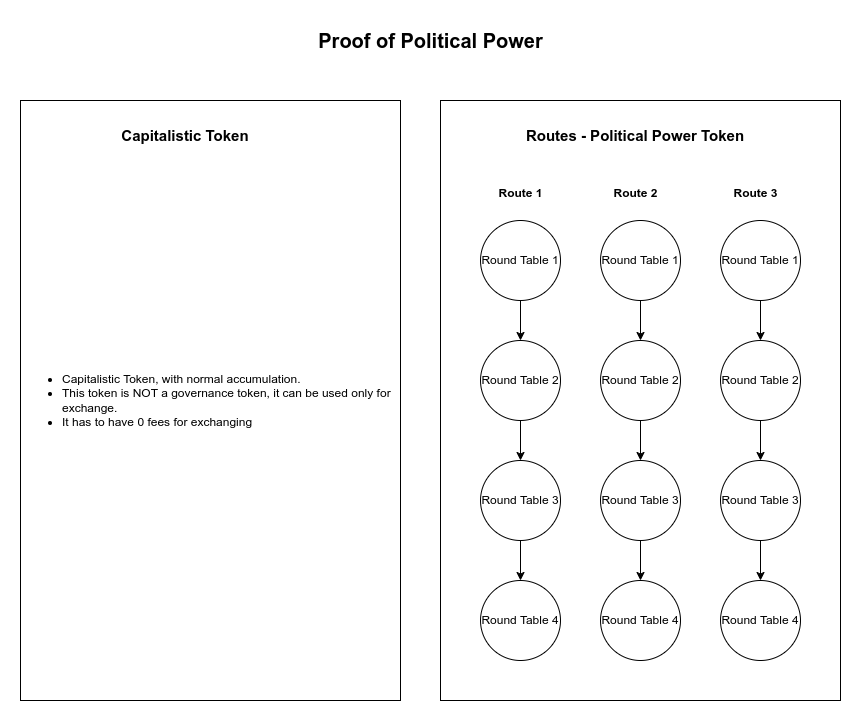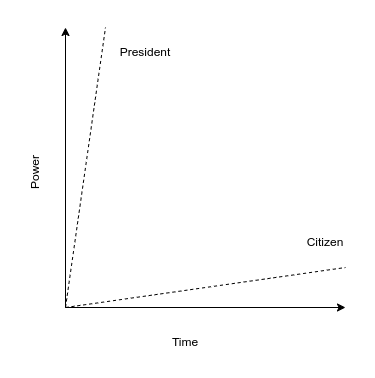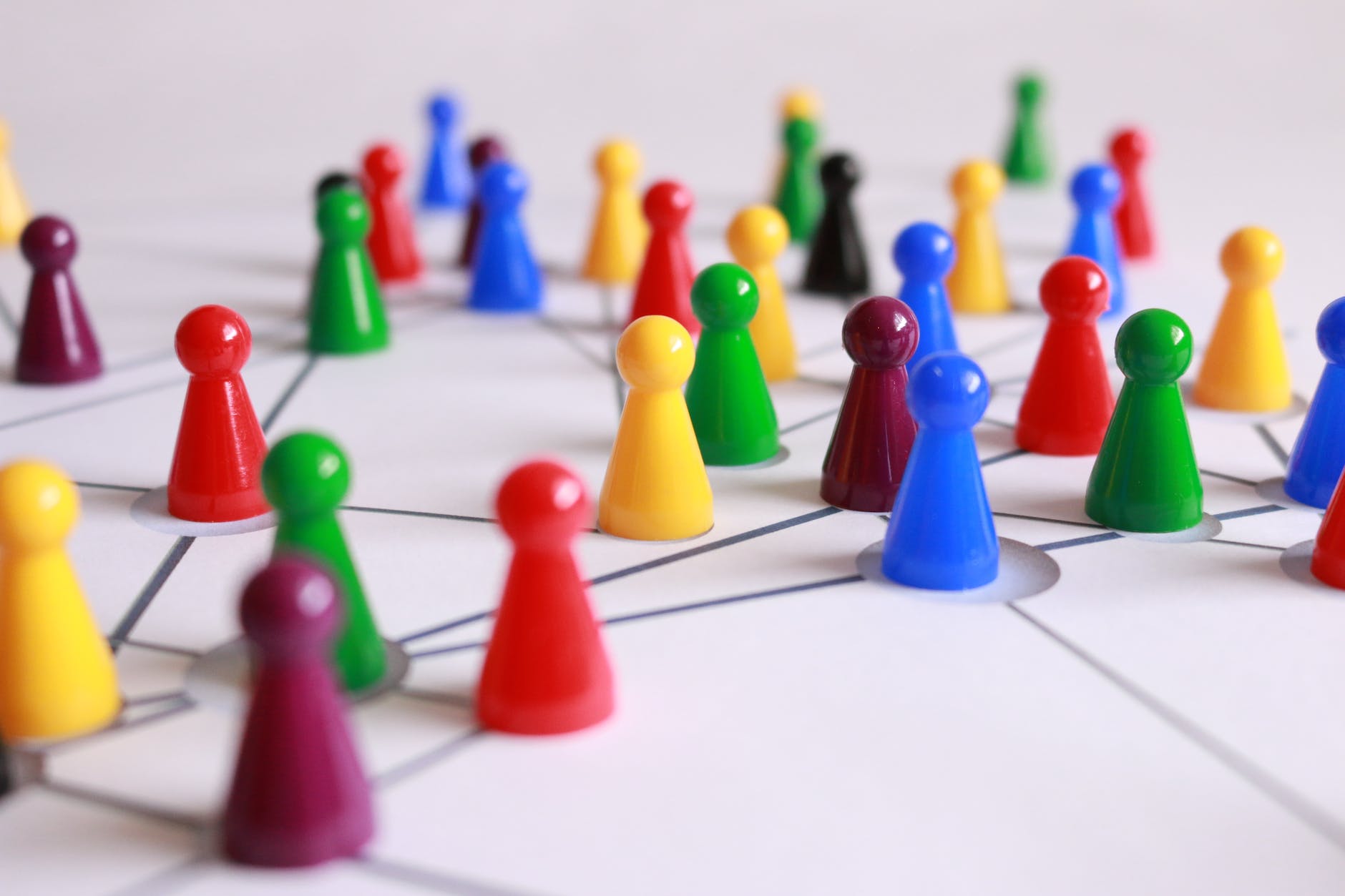-
Interoperability bot
I’m thinking about a bot that can tag other groups independently on which social they are. Eg. We talk about Something, we would like to tag rnDAO, Kleros, MetaGov, or someone else, and instead of having to go on Slack, Discord, etc. we can just ask the bot to send the message there, in a…
-
Some concepts for History (globstory.it)
Here I’m gonna post some ideas/design/concepts that it would be nice to create. This design is quite classic. The user select the places on the map (and also the year), and then the user can export the map as an image, or embed it in a website.There are already some tools like this, but they…
-
Modular Platform for Political Philosophers – WorkFlow Democracy
Hello, here a proposal for the Decidim.org community. Is your feature request related to a problem? Please describe. Decidim is not easy to configure for people who are not tech-savvy. Currently, only individuals with in-depth knowledge of Decidim can properly set up an instance. This issue goes beyond the installation of the software—I’m referring to…
-
Introducing Proof of Political Power (PoPP): A Decentralized Validation System

Abstract Proof of Political Power is a concept that propose to use political power of people, precisely the one “recorded” by digital deliberative systems as a token for the lottery of validation for blocks in blockchain systems. This with the intent of separating governmental and political power from other forms of power, like economic one.…
-
The Speed of Power: can we calculate it?

There are many theories about what power is and how it can be exercised, but here, I propose to reason about the power that each one of us has. Every one of us could potentially write an email to someone; we could also buy a train ticket (if we have economic power); we could let…
-
Peer-to-peer relationships

The majority of applications used on the Internet are centralized; almost everyone uses social networks, but a single individual often provides some of the most widely used social networks. Consequently, hundreds of millions of people depend on this individual, their ideas, and moods. There is also the possibility, as has happened, of censoring and blocking…
-
Introduction: Blockchain and History

Technological advancements are not exclusive to our era or the industrial one; however, the speed at which they now spread and the power – or dominance – with which they impact our society require a deeper understanding of how they function. Just as in the past, this technological revolution will eliminate certain jobs while creating…
-
What does “fork” mean?

In the distant year 2002, a group of programmers released the first version of OpenOffice, which gained support from a large community. In 2010, instead of contributing to the updates and enhancements of OpenOffice, some programmers decided to create a “fork,” meaning they made a copy of the source code and incorporated their own improvements…
-
Why digital collaboration is so important

Information technology enables a level of collaboration in certain activities that was inconceivable before. Many have found themselves writing simultaneously on the same shared document, effectively contributing with four or six hands, significantly boosting productivity without compromising quality. Another classic example of multi-party collaboration is Wikipedia. When it comes to creating the source code of…
-
History timeline made with AI
In world history class we had to read and present the content. I decided to use chatgpt to analyze the content of the text (previously I’ve read it…) and generate a json file that I could write on the database where h5p is installed (it’s actually a WordPress plugin). Chatgpt was a bit stubborn at…
